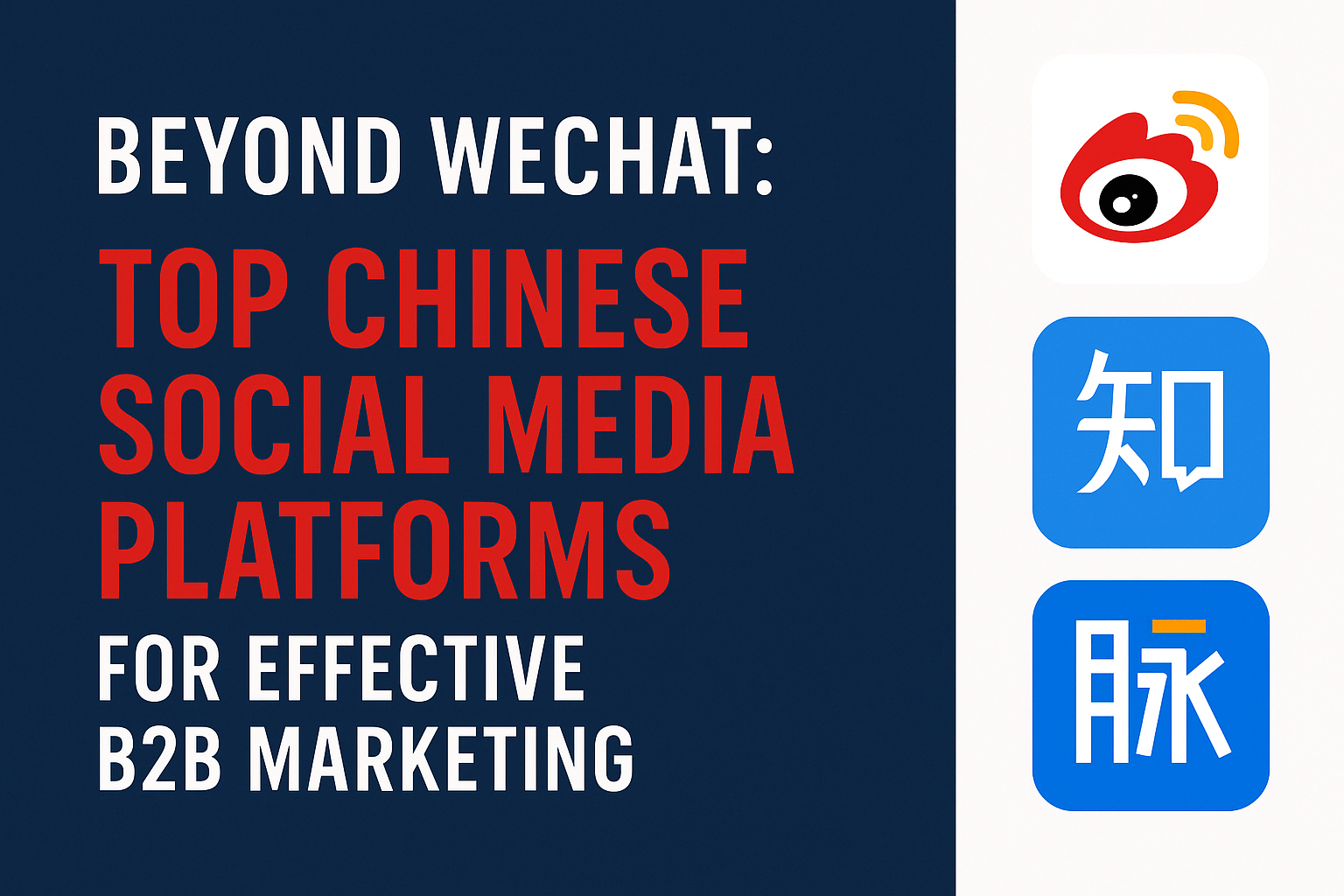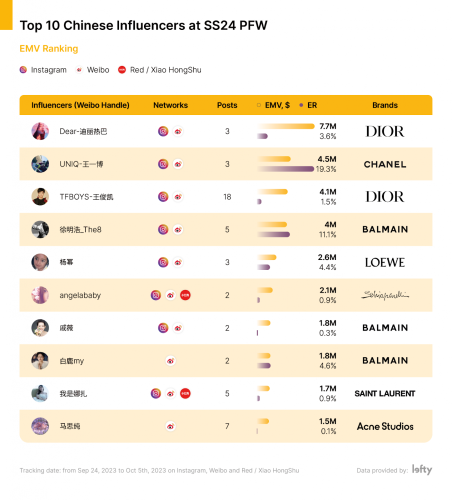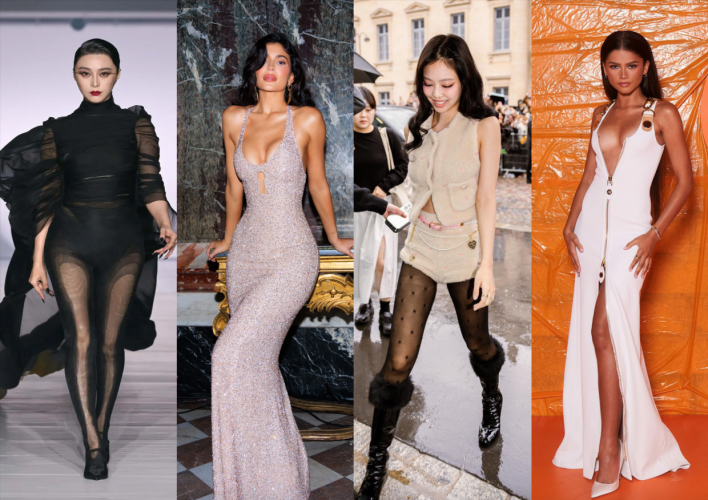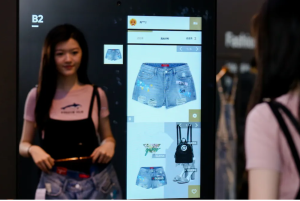1.Tmall Luxury Pavilion playbook: How brands find success in 2024
- Despite market uncertainties, Tmall luxury consumers expressed a desire to increase their investment in luxury goods in the first half of 2024.
- The majority of consumers on Tmall Luxury Pavilion comprise women born after 1995, who are willing to invest in luxury while strategically leveraging discounts and promotions.
- With VICs demonstrating greater resilience in luxury spending, brands should focus on converting interested customers into loyal fans by providing personalized experiences across both online and offline channels.
- Digitalization is not only about driving online sales, but also about promoting brand culture. This can be achieved by utilizing 3D and AR try-on features and creating immersive digital stores within the Tmall app.
- While Tmall continues to be an important e-commerce platform for luxury brands, Douyin is starting to pose competition to the traditional marketplace. However, shopper preferences differ between the two.
LINK: https://jingdaily.com/posts/tmall-luxury-pavilion-janet-wang
2. Douyin launches dedicated shopping platform
- Douyin, has launched a new app focussed just on shopping. Douyin Mall will enable Douyin’s e-commerce team to establish its own distinct brand identity, effectively showcase its e-commerce functionalities and strengths, and expand into international consumer markets.
- Following in the footsteps of Chinese e-commerce giants Alibaba, JD, and Pinduoduo, Douyin set “price advantage” as one of its strategic priorities for 2024, which will include funneling more traffic exposure towards low-priced products.
- Douyin users can access short video content from within the Mall app just as they can on the main app, but the video shooting and editing feature is absent.
LINK: https://daoinsights.com/news/douyin-launches-dedicated-shopping-platform/
4.Top 3 findings from this year’s China Internet Audio and Video Convention
- Shorts and livestreams continue to fuel consumption, including domestic tourism. A whopping 71.2% of users say they have purchased products after watching short videos or livestreams, and 40% agreed with the statement “short videos and livestreams have become my main consumption channel”.
- The volume of microdramas online has doubled. 39.9% of internet users said they frequently watch microdramas and 31.9% said they have paid to watch microdrama content.
- The fastest-growing viewership segment is rural. In 2023, the number of rural viewers accessing audio-visual content hit 320 million, representing around 67% of the total rural population and 6.8% growth on the previous year.
5. How brands can tap the booming Chinese ‘old money style’
- The “new Chinese style” fashion craze has exploded on Chinese social media over the past two years, with young generations mixing traditional culture and contemporary styling.
- The growing popularity of “Chinese old money style” not only offers a chance to preserve traditional Chinese crafts, but is also an opportunity for savvy fashion and lifestyle brands to elevate their designs for high-end consumers.
- Like its “old money” counterpart in the West, the Chinese style symbolizes an appreciation of historical pedigree and refined taste (often referred to as “noble temperament” in China). While retaining some traditional design elements, the luxury of the style is mainly manifested in the use of traditional craftsmanship and textiles.
- The Chinese government’s protection and promotion of the country’s intangible cultural heritage have helped raise awareness of traditional craftsmanship.
LINK: https://jingdaily.com/posts/how-brands-can-tap-the-booming-chinese-old-money-style
6. Vuitton develops bespoke trunks for Olympic medals and torches
- Louis Vuitton has developed a series of bespoke trunks in which to carry and protect the medals and torches of this summer’s upcoming Paris 2024 Olympics and Paralympics.
- The trunks will be associated with key Paris 2024 moments of celebration, such as the Olympic and Paralympic Torches Relays. The Torches Trunks and the Medals Trunks will be notably presented at the Champions Park.
- The medals have been designed by Chaumet, the noted Paris jeweler that is another prestige mark within LVMH, the luxury conglomerate whose largest brand is Vuitton.
- Besides Chaumet, LVMH-owned Berluti will attire the two entire French Olympic team at the opening ceremonies on July 26 and August 28.
- Vuitton has enjoyed a long link with top-level international sporting competitions, creating the trunks for such prestige competitions as the America’s Cup, the Australian Open, Ballon d’Or, Davis Cup, FIFA World Cup, Grand Prix de Monaco, NBA Championship, Roland Garros, and the Rugby World Cup.
7.Douyin Entertainment Music White Paper
Douyin released the White Paper on Entertainment Music, focusing on six sectors. It combined industry insights, model exploration and publicity strategies.
- Film and TV dramas: Douyin has emerged as a critical platform for film and TV drama promotion. Quality films and TV dramas gain wider attention from Douyin
- Innovative Reality shows: New variety shows will spotlight life, music, emotion, language, and E-sports to produce entertaining content.
- Quality mini dramas: Douyin wants to make the content cover a wide range with deep insight, so these real-life stories could engage a diverse audience and resonate profoundly.
- Celebrities: The scaled celebrity community engages with their active fans in a rational and friendly manner.
- Various performance types: it merge live performances with interactive experiences online.
- Music: Good music shines in Douyin and musicians also fulfill dreams there.










